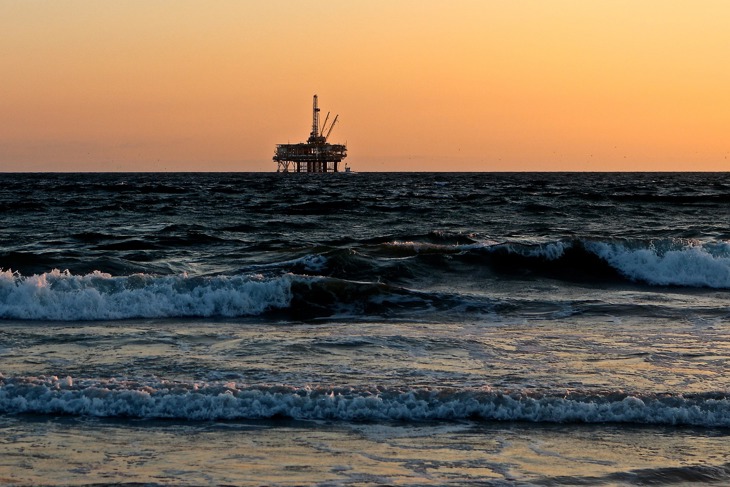 @Pixabay.
@Pixabay.
Munich Re Group has said it will no longer invest or insure oil and gas projects from January 1, 2025, with some campaign groups saying it has taken too long for the company to join others in the industry that had promised the change.
“The Group has set itself ambitious decarbonisation targets for
its investments, its (re)insurance transactions and business operations.”
The German multinational reinsurer, which has €240bn in wider investments, announced this week it will not invest in fossil fuels due to their effects on climate change and other environmental concerns.
In a statement on Thursday, it said “The Group has set itself ambitious decarbonisation targets for its investments, its (re)insurance transactions and its own business operations.” The Group’s size and global footprint could see it spur further companies to make the same decision on where it invests. According to Munich Re’s 2021 Group Annual Report, it had a return on investments of 2.8% in 2021. Insurance-related investments were €12.28bn.
The Group also said its investments in renewable energies were poised to double from 2019 to 2025 to around €3bn.
Over the past few years, European re/insurers including Swiss Re, Hannover Re, Scor, Axa XL, Mapfre, Generali and Fidelis have all introduced restrictions on reinsuring oil, and in some cases gas.
“We achieved a return on investment of 2.8%, persistently low interest rates notwithstanding [for AUM]. Alternative types of investment, [such as] infrastructure, account for an increasing share of results,” said Munch Re’s Annual Report in 2021.
Munich Re said the reasons for the end to investment was because it is an environmentally conscientious business, and that it aimed “to play its part in meeting the targets of the Paris Climate Agreement.”
They said: “As of 1 April 2023, Munich Re will no longer invest in or insure contracts/projects exclusively covering the planning, financing, construction, or operation of
Furthermore, it specified, this process will apply to direct illiquid investments, as well as the primary, facultative and direct (re)insurance business. “The same applies where such risks are contained or bundled in one cover together with other risks (e.g., existing oil or gas fields), when the cover is mainly designed to protect one or more of such new risks,” it said.
In its listed equities & corporates portfolio, as of 1 April 2023, Munich Re will also cease to conduct new direct investments in pure-play Oil & Gas companies, the announcement said.
While movement on stopping investment into oil and gas has made significant inroads in recent years, other sources show that insurers have invested £6bn in North Sea oil since 2016 alone. This means that the wider market is still very much embedded in the industry.
“Munich Re's policy sends a message to the oil and gas sector that
they must act urgently to align their business with climate science."
“As of 1 January 2025, Munich Re will require a credible commitment to net-zero greenhouse gas emissions by 2050,” the statement continued. “Including corresponding short- and mid-term milestones from listed integrated O&G companies with the highest relative and absolute emissions.
Campaign group Insure our Future (IOF) said it was a positive step but was still not enough. “European insurers are starting to recognise they need to stop supporting all fossil fuel expansion, including oil and gas,” Lindsay Keenan, European Coordinator, IOF. “Munich Re's policy sends a message to the wider insurance industry and to the oil and gas sector that they must act urgently to align their business with climate science and the 1.5C climate target or risk not being able to find reinsurance cover."
Currently, Munich Re is rated “Good ESG” by MSCI. The Group has over 50 portfolio companies.
Pressure on remaining insurers – especially in Europe – to end fossil fuel investment will likely increase after the announcement.